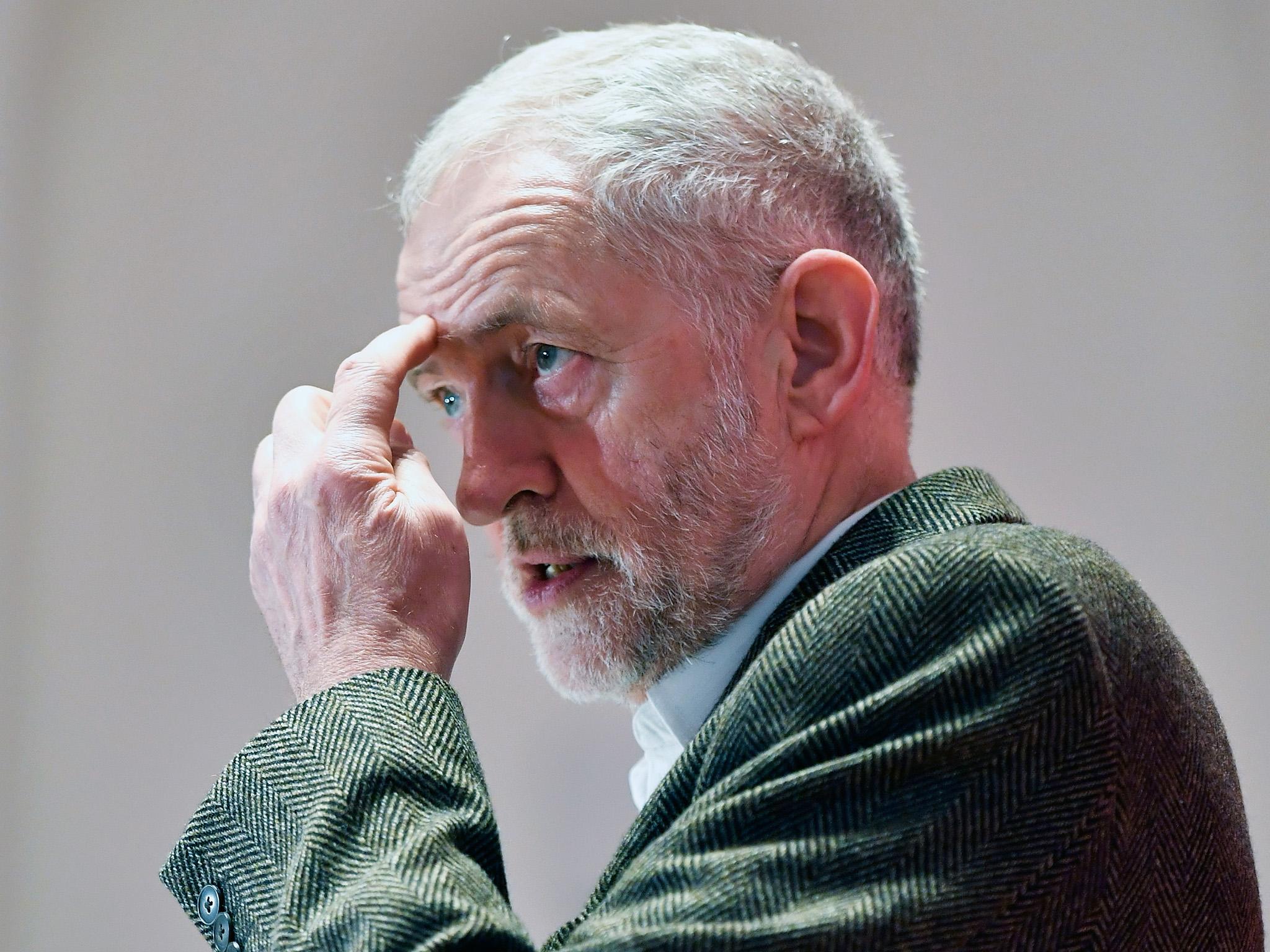Corbyn's weak opposition allowed Theresa May an easy ride on Brexit, even as she wasted all our time in the Supreme Court
A flurry of amendments to the Article 50 legislation have already been promised. But some - such as Labour’s attempt to safeguard workers’, social and environmental rights - may be ruled out of order


The Supreme Court’s welcome verdict sends the Brexit process back to where it should have been all along – Parliament. Theresa May created unnecessary uncertainty by appealing against the High Court's ruling. If she had accepted it, she would have won Parliament’s backing for legislation on Article 50 and would now be well on course to start exit negotiations with the EU by her 31 March deadline.
But will Parliament now step up to the plate? It’s far from certain and the omens are not good. There is probably a majority in the Commons and Lords to stay in the single European market, but that is unlikely to translate into a formal vote. The reaction of pro-European Conservatives to May’s announcement last week that the UK would leave the single market was instructive and they rolled over immediately.
Similarly, there is no majority in Parliament for the hard Brexit that May’s strategy could be taking us towards. A majority of MPs and peers probably regard that as an act of economic self-harm. But there is no guarantee that they will muster the votes to prevent it.
Too many MPs are frightened of their own shadows, and of being accused of trying to overturn last year’s referendum. Yet they know in their heart of hearts that even if a majority of their constituents voted Leave, they did not vote for a hard Brexit. So they would be entirely within their rights to exercise their judgement and soften the hard edges of Brexit, which is not the same as “thwarting the will of the people” or dictating the Government's stance in the tricky negotiations, as ministers claim.

A flurry of amendments to the Article 50 legislation have already been promised. But some – such as Labour’s attempt to safeguard workers’, social and environmental rights – may be ruled out of order because the Bill will be very tightly drawn. Demands for tariff-free access to the single market could be accepted by ministers at this stage, even though we don’t know whether the EU will agree to them in the talks.
The significant battles during the rushed passage of the Article 50 Bill will be over Parliament’s role during the negotiations. There will rightly be cross-party demands for MPs to have a real influence over the final deal, and the right to send May back to the EU table to get a better one. Her strategy is clear: to offer Parliament a last-minute choice between her deal and the “no deal” of World Trade Organisation tariffs, in the hope that Tory MPs vote through her agreement.
Labour is demanding a “meaningful” Commons vote on the deal. It is on the right track but its vagueness is typical of the timid response to Brexit by the official Opposition which has allowed May a much smoother ride than she has deserved. Only the Liberal Democrats, SNP and the Greens have spoken up for the 48 per cent so far.
Granted, Labour is being pulled in two different directions and Brexit would be a headache for any leader of the party. Two out of three Labour MPs represent seats that voted Leave but the overwhelming majority of the MPs backed Remain.
Brexit is the new dividing line in politics, exacerbating Labour's loss of support in the opinion polls under Jeremy Corbyn. The divide harms Labour most. The party holds 46 of the strongest pro-Leave seats – many in the North where Ukip is breathing down its neck – and it also represents 41 of the 100 most pro-Remain constituencies, including Corbyn’s and several of his shadow cabinet.
Two tricky by-elections next month in Copeland and Stoke-on-Trent Central have added another pressure.
Labour does not want to be accused of blocking Brexit but Corbyn has been unable to deliver the stronger line on immigration demanded by many Leave voters in the party’s heartlands. Under conflicting pressures from his Shadow Cabinet, he has flip-flopped, saying he is “not wedded” to EU free movement, but does not rule it out.
No wonder voters are confused about what Labour stands for. Brexit has added to Labour’s identity crisis and could make it an existential one.
At least we know where the Conservatives, Lib Dems and Ukip stand. However difficult the terrain, a leader has a duty to lead. Corbyn is not yet doing that on the issue of the day, the biggest challenge to the country since the Second World War.
How ironic that, despite the Conservatives’ bitter split on Europe that cost their last three prime ministers their jobs, it is now the Labour Opposition that is hopelessly divided on Brexit. Labour’s weakness will make it much harder for Parliament to do the job that the Supreme Court has handed it.
Join our commenting forum
Join thought-provoking conversations, follow other Independent readers and see their replies
Comments
Bookmark popover
Removed from bookmarks